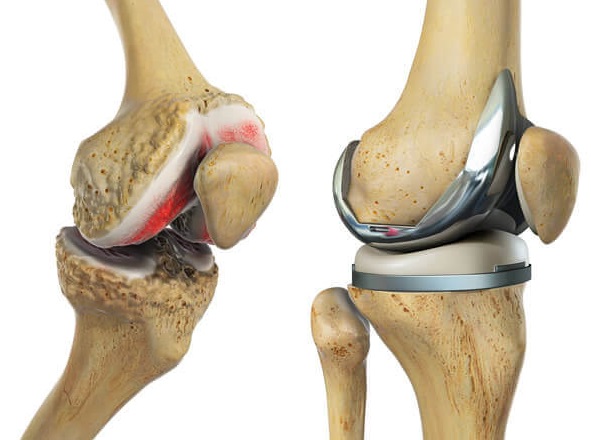POST SURGERY PAIN
Post Surgery Pain
After having surgical interventions to repair problems such as torn tendons, soft tissue damage due to accidents, knee ACL/MCL/meniscus reconstruction, or a full knee/hip/shoulder joint replacement to name a few examples, most patients will experience post surgery pain until they have the second half of the process completed.
In many cases surgery is only the first half of what must be done to return your body to its healthy pain free state. The other half involves the regeneration, or re-building of all damaged muscles, tendons, ligaments, nerves, and blood vessels, caused by surgery, or many months or even years of harmful physical strain to those tissues. Regenerating damaged tissue is perhaps the most important accomplishment we are known for as chronic pain therapy specialists.
The root cause for most occurrences of post surgery chronic pain is with the formation of soft tissue damaged called myofascial adhesions, which can develop long before you ever have surgery, or surprisingly develop due to the surgery itself. Myofascial adhesions, or simply adhesions, are regions of damage in muscles, tendons, or ligaments, characterized by twisted/tangled/striated/fibres that are additionally glued together. These regions are totally dysfunctional in that they do not stretch, do not contract, and squeeze both nerves and blood vessels, causing total dysfunction to the tissues they form in, and most importantly cause chronic pain.
Abdominal Surgery causes adhesion formation in many people as a result of the cutting into the tissues to repair internal organ problems.
Tendons Surgery to repair torn fibres will have developed adhesions to other parts of the tendon and muscle attached to it due to the trauma which caused the tear.
Accident Trauma Adhesion formation will be widespread potentially affecting soft tissue, nerves, blood vessels causing chronic swelling, joint immobility and significant chronic pain. If soft tissue regeneration is not accomplished, the chronic pain could last a lifetime.
Shoulder Tendon Surgery will cause weakness into the muscle attached to it, causing strain on all other muscles in the shoulder, chest and neck resulting in adhesion formation throughout the affected muscles, as well as to the torn tendon. itself
Knee Reconstruction Surgery required to fix torn ligaments and joint meniscus cartilage but tremendous adhesion formation would have developed in this affected leg due to the damaging forces and resulting improper walking pattern due to the knee problem.
Adhesions in this case will absolutely form in the muscles and tendons of the buttocks, hips, quads, hamstrings, and IT band.



